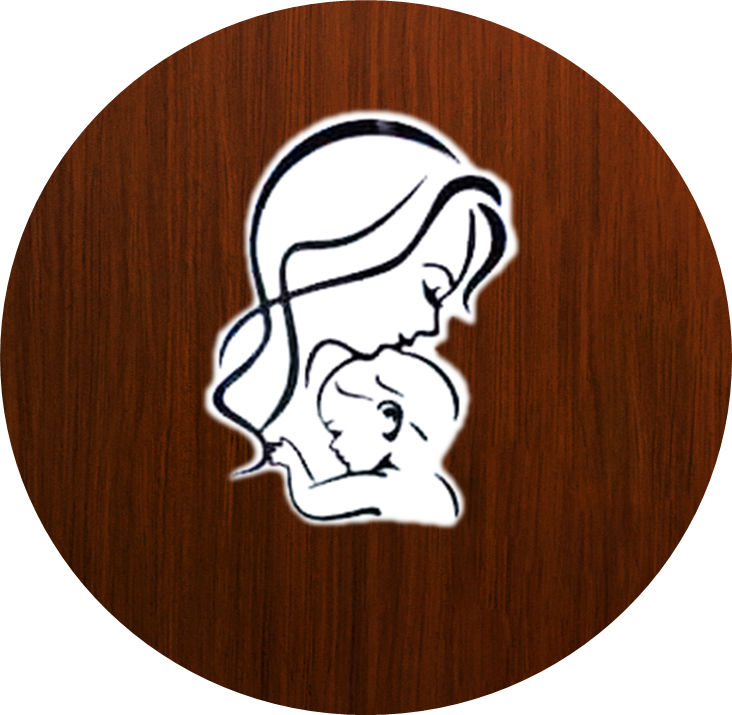Service
PCOS
Polycystic ovary syndrome is a problem in which a woman’s hormones are out of balance.
The most common symptoms are:
⇒ Acne.
⇒ Weight gain and trouble losing weight.
⇒ Extra hair on the face and body. Often women get thicker and darker facial hair and more hair on the chest, belly, and back.
⇒ Thinning hair on the scalp.
⇒ Irregular periods. Often women with PCOS have fewer than nine periods a year. Some women have no periods. Others have very heavy bleeding.
⇒ Fertility problems. Many women who have PCOS have trouble getting pregnant (infertility).
⇒ Depression.
In each menstrual cycle, follicles grow on the ovaries. Eggs develop within those follicles, one of which will reach maturity faster than the others and be released into the fallopian tubes. This is “ovulation”. The remaining follicles will degenerate. In the case of polycystic ovaries, however, the ovaries are larger than normal, and there are a series of undeveloped follicles that appear in clumps, somewhat like a bunch of grapes. The cysts are not harmful but lead to hormone imbalances.
Early diagnosis and treatment can help control the symptoms and prevent long-term problems. If it isn’t treated, over time it can lead to serious health problems, such as diabetes and heart disease.
A variety of treatments are available to address the problems of PCOS. Treatment is tailored to each woman according to symptoms, other health problems, and whether she wants to become pregnant.
Combined hormonal birth control pills can be used for long-term treatment in women with PCOS who do not wish to become pregnant. Combined hormonal pills contain both estrogen and progestin. These birth control pills regulate the menstrual cycle and reduce hirsutism and acne by decreasing androgen levels. They also decrease the risk of endometrial cancer.
For overweight women, weight loss alone often regulates the menstrual cycle. Even a small weight loss of 5 kg can be helpful in making menstrual periods more regular. Weight loss also has been found to improve cholesterol and insulin levels and relieve symptoms such as excess hair growth and acne.
Insulin-sensitizing drugs used to treat diabetes frequently are used in the treatment of PCOS. These drugs help the body respond to insulin. In women with PCOS, they can help decrease androgen levels and improve ovulation. Restoring ovulation helps make menstrual periods regular and more predictable
Successful ovulation is the first step toward pregnancy. For overweight women, weight loss often accomplishes this goal. Medications also may be used to cause ovulation. Surgery on the ovaries has been used when other treatments do not work.
